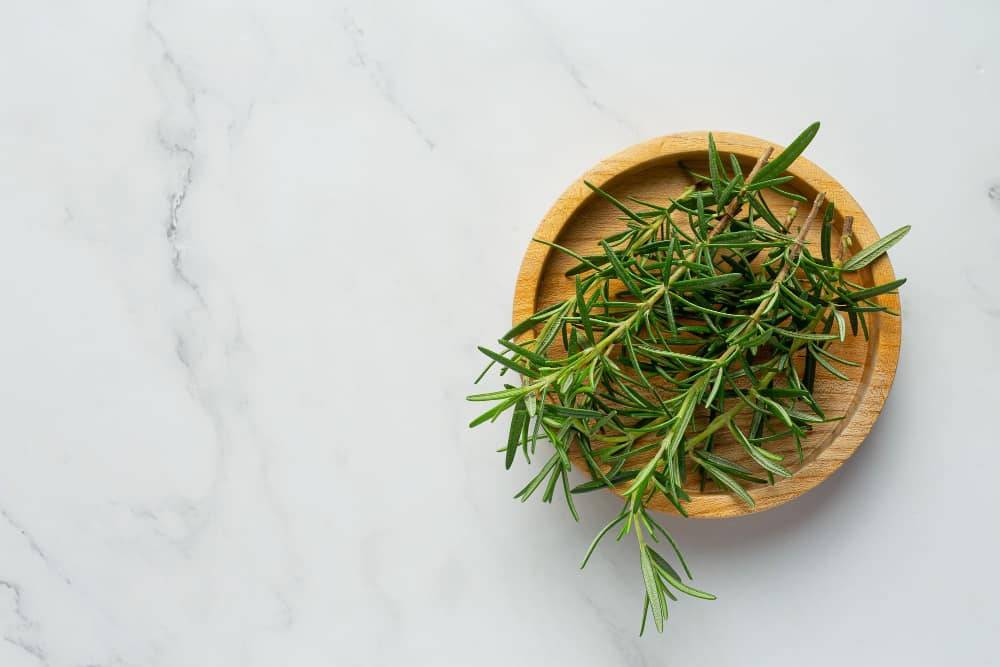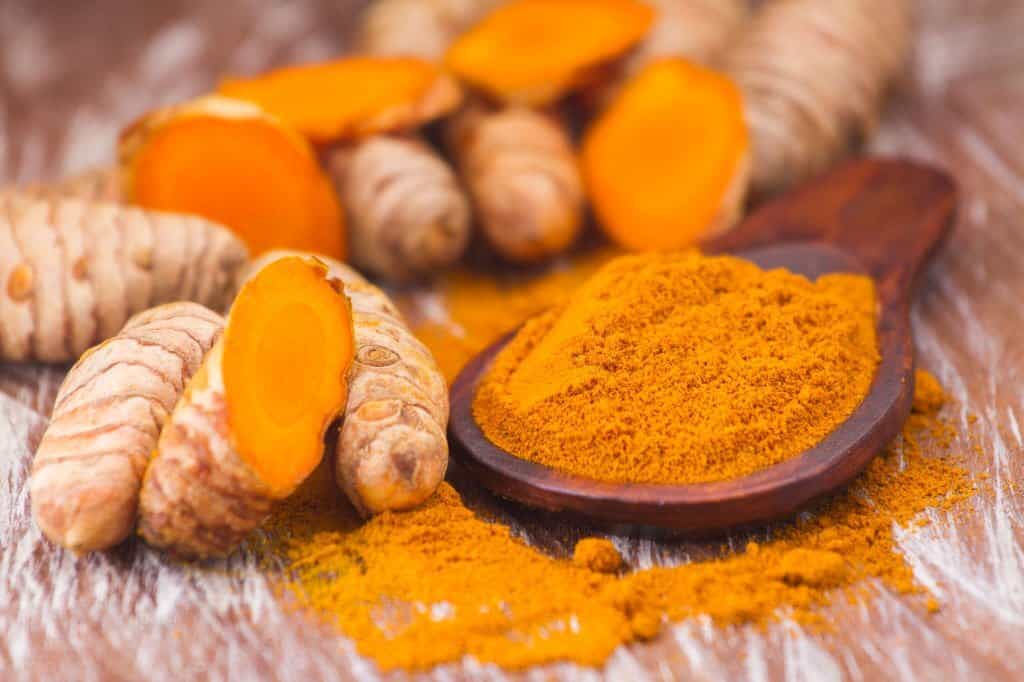10 Best Herbs for Eye Health: Benefits, Tips, FAQS

👀 Your eyes are your windows to the world, and keeping them in tip-top shape is a must. One way to do that? Herbs! 🌿 In this article, we’ll explore 10 fantastic herbs that can give your eye health a boost. So, buckle up and let’s dive into the world of these eye-friendly herbs.
1. Bilberry:

Bilberries are tiny, blue fruits packed with anthocyanins, powerful antioxidants that shield your eyes from damage. They’re like the superheroes of the eye world, improving night vision and reducing eye fatigue. 💪
But wait, there’s more! Bilberry also boosts circulation and douses inflammation, potentially slowing down macular degeneration. So, if you’re on the hunt for an eye health champion, bilberry is your go-to!
- Did you know that bilberries were used by World War II British pilots to enhance their night vision during evening flights? 🌙✈️ This isn’t just a war-time tale, but it’s backed by science! The anthocyanins in bilberries help produce pigments that aid the eyes in adjusting to changes in light and improve overall night vision. So, the next time you’re enjoying these tiny, blue fruits, remember – you’re feasting on a piece of history that once helped pilots navigate the night skies! (1)
2. Ginkgo biloba:

Ginkgo Biloba, a herb known for boosting brainpower, also has a secret identity – it’s a friend to your eyes! 🧠👀 It improves blood circulation and protects your retina from damage.
But the benefits don’t stop there. Ginkgo Biloba also enhances memory, eases anxiety, and boosts energy levels. Talk about a multitasker!
- Here’s a fun fact about Ginkgo Biloba – it’s a living fossil! 🌿🦖 Ginkgo Biloba trees have been around for over 270 million years, and they were widespread when dinosaurs roamed the earth. These trees are incredibly resilient and have survived major extinction events, including the one that wiped out the dinosaurs. Today, Ginkgo Biloba continues to stand tall, offering us numerous health benefits, including improved eye health and cognitive function. So, when you take a Ginkgo Biloba supplement, you’re tapping into ancient, time-tested benefits that have stood the test of time! (2)
3. Rosemary:

Rosemary isn’t just a fragrant herb for your roast chicken. It’s also a potent anti-inflammatory agent that can soothe swelling and inflammation in your eyes, improving vision. 🍗👁️
And guess what? Rosemary also boosts cognitive function, memory retention, and has antibacterial and antifungal properties. It’s like a Swiss Army knife of herbs!
4. Turmeric:

Turmeric, the golden spice known for its anti-inflammatory properties, can also help reduce inflammation in your eyes, improving vision. It’s like a soothing balm for your eyes! 👀🌟
But the magic of turmeric doesn’t end there. It also has antioxidant and antibacterial properties, and it boosts cognitive function and memory retention. If you’re looking for a powerhouse herb, turmeric is your golden ticket!
- Fun Fact, Turmeric, the golden spice, is a staple in Indian cuisine and Ayurvedic medicine, but did you know it’s also a natural dye? 🎨 The vibrant yellow color of turmeric has been used for centuries to dye fabrics. In fact, Buddhist monks have traditionally used turmeric to dye their robes. So, while turmeric is known for its anti-inflammatory properties and its role in boosting eye health, it also has a colorful history in the world of textiles! (3)
5. Eyebright:
Eyebright, as the name suggests, is a popular choice for treating eye infections and other eye-related issues. It’s like a mini first-aid kit for your eyes, with its anti-inflammatory and antibacterial properties. 🩹👀
But the benefits of eyebright don’t stop at your eyes. It also detoxifies, boosts cognitive function, and improves memory retention. It’s a small herb with big benefits!
9 Best Toner For Dry Skin: You Should Use Them in (2022)
6. Fenugreek:
Fenugreek, a common ingredient in many dishes, is also a secret weapon for your eyes. It’s like a protective shield, with its anti-inflammatory and antioxidant properties. 🛡️👀
But fenugreek isn’t just about eye health. It also lowers blood sugar levels and boosts cognitive function and memory retention. It’s a culinary herb with medicinal benefits!
7. Hawthorn:
Hawthorn, a staple in traditional Chinese medicine, is known to improve circulation and protect the heart. But it’s also a friend to your eyes, with its anti-inflammatory and antioxidant properties. ❤️👀
Hawthorn also lowers blood pressure, boosts cognitive function, and improves memory retention. It’s a heart-friendly herb that’s also an eye health champion!
8. Sage:
Sage, a common herb in many dishes, is also a secret ally for your eyes. It’s like a wellness tonic, with its anti-inflammatory and antioxidant properties. 🍵👀
9. Green Tea:
Green tea isn’t just a refreshing beverage – it’s also a boon for your eyes! 🍵👀 It’s brimming with antioxidants that improve vision and protect your eyes from damage.
But the goodness of green tea doesn’t end there. It also aids in weight loss, prevents cancer, boosts cognitive function, and improves memory retention. So, if you’re looking for a delicious way to boost your health, green tea is a fantastic choice!
10. Ginseng:
Ginseng, often used in traditional Chinese medicine, is known to improve circulation and protect the heart. But it’s also a friend to your eyes, with its anti-inflammatory and antioxidant properties. ❤️👀
Ginseng also boosts cognitive function, lowers blood sugar levels, and strengthens the immune system. If you’re looking for an all-around beneficial herb, ginseng is a great choice!
- Ginseng is renowned for its health benefits, but here’s a lesser-known fact – it’s one of the most expensive herbs in the world! 💰 The price of ginseng can vary widely, but high-quality wild ginseng can cost over $1,000 per pound. The age of the ginseng plant significantly impacts its price, with older plants being more valuable. This is because ginseng’s beneficial compounds, known as ginsenosides, increase as the plant ages. So, when you’re sipping on ginseng tea or taking a ginseng supplement, you’re enjoying one of the most prized herbs in the world! (4)
Conclusion:
Herbs are nature’s gift to us, and they can do wonders for your eye health! From fenugreek and hawthorn to Ginkgo Biloba and green tea, there’s a herb for everyone. And let’s not forget bilberries – a delicious way to boost your eye health. Do you have a favorite herb for eye health? Let us know in the comments! 🌿👀
FAQS – Frequently Asked Questions
Q: What are some of the most popular herbs for eye health?
A: Some of the most popular herbs for eye health include bilberry, ginkgo, and garlic.
Q: How do these herbs improve eye health?
A: These herbs improve eye health by providing antioxidants that help protect against free radical damage, improve circulation to the eyes, and reduce inflammation.
Q: Are there any side effects associated with taking these herbs?
A: There are no known side effects associated with taking these herbs. However, as with any dietary supplement, it is always best to consult with a healthcare professional before starting any new supplement regimen.
Q: What is the recommended dosage for these herbs?
A: The recommended dosage for these herbs varies depending on the herb. For bilberry, the typical dose is 60-240 mg per day. For ginkgo, the typical dose is 120-240 mg per day. And for garlic, the typical dose is one clove per day. However, it is always best to consult with a healthcare professional before starting any new supplement regimen.
Q: How long should I take these herbs?
A: The recommended length of time to take these herbs varies depending on the herb. For bilberry, the typical recommendation is three months. For ginkgo, the typical recommendation is six months. And for garlic, the typical recommendation is two weeks. However, it is always best to consult with a healthcare professional before starting any new supplement regimen.
Is it True?
- Bilberry and Night Vision: You can read more about the use of bilberries by World War II pilots and the fruit’s potential effects on vision in this article from the American Academy of Ophthalmology: Can Bilberry Help with Eye Conditions?
- Ginkgo Biloba as a Living Fossil: This article from the Missouri Botanical Garden provides more information about the history and resilience of the Ginkgo Biloba tree: Ginkgo biloba – A Living Fossil
- Turmeric as a Natural Dye: You can read more about the use of turmeric as a dye in this article from The Spruce Crafts: How to Dye Fabric With Turmeric
- Ginseng’s Value: This article from BBC provides more information about the high value of ginseng, particularly in Asian markets: Why is Ginseng So Expensive?
More great articles that may be of interest to you 🙂
